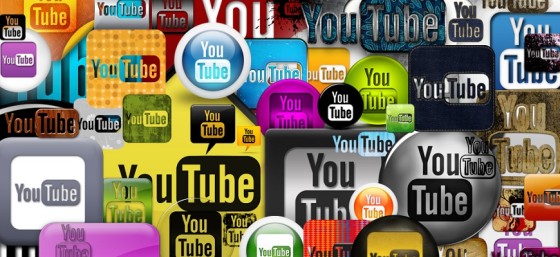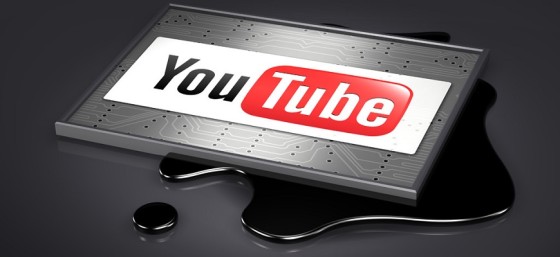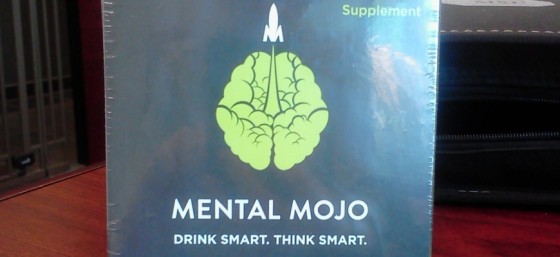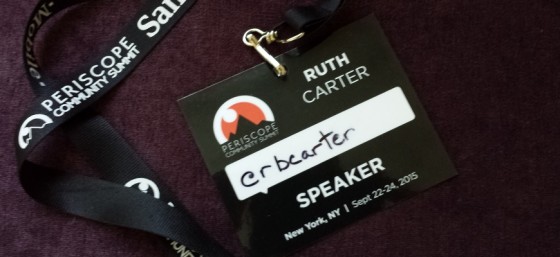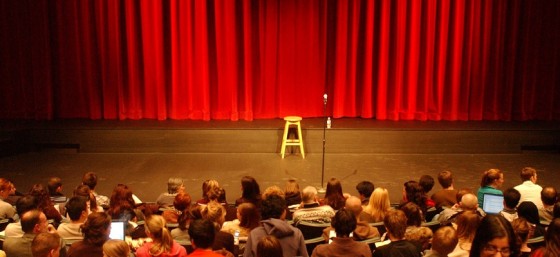
I’m frustrated.
I regularly review the terms people search for and end up on this site. Almost every day people are asking questions about how they can determine if their intimate photos and videos have been posted online or what they should do if a current or ex-partner is threatening to post their intimate photos.
Now, I have no issue with consenting adults creating photos or videos in the privacy of their bedroom or wherever they have sexy time. I have a huge issue when it comes to people acting irresponsibly with these media files. And the problem doesn’t appear to be getting better.
My rule of thumb is people shouldn’t create intimate photos or videos unless they are certain that everyone involved is responsible and respectful enough not to share them with anyone. If you know you might be tempted to post these file or show them to your friends, don’t have them on your phone, delete them if you have them, or better yet – don’t create them.
I suspect a lot of people feel embarrassed when they learn that their naked image is online or someone is threatening to post it, so they try to deal with it quietly. These bad actors get to be so abusive, in part, because they’re doing it in the shadows behind a computer screen. They rely on their victim silence. The best response may be to bring this person into the light. If you are a victim in this type of situation, call the police. You may be the victim of revenge porn, harassment, or extortion. You may also want to talk to a lawyer because you might have a civil case as well.
Depending on your circumstances, your most effective course of action may be to turn to the court of public opinion by calling this bad actor out for their abusive and disrespectful deeds.
Likewise, if your friend offers to show you the intimate photos or videos they created with their partner, forcefully decline. Tell your friend they’re a disrespectful dick for even considering sharing these. This person is a jerk who shouldn’t be dating anyone or engaging in any activities that might lead to procreation. The only exception to this advice is if your friend offers to hand you their phone to look at the images. The good buddy response would be to take their phone and delete the images – save them from themselves.
In thinking about these situations, one of the reasons why I’m so frustrated is because I feel powerless to stop this misbehavior. The answer to this problem may lie in the way we teach tweens and tweens about using their phones. Just like we teach kids to say “please” and “thank you,” they need to be taught that it’s unacceptable to create and share content designed to humiliate and disrespect others.
If you suspect that you are the victim of revenge porn threatened with revenge porn, please know that you don’t have to deal with this situation alone. Please call the police, your local domestic violence resource center, and/or a lawyer. If you have any questions about revenge porn or any other questions about social media harassment, you can contact me directly or connect with me on Twitter, Facebook, YouTube, or LinkedIn.
